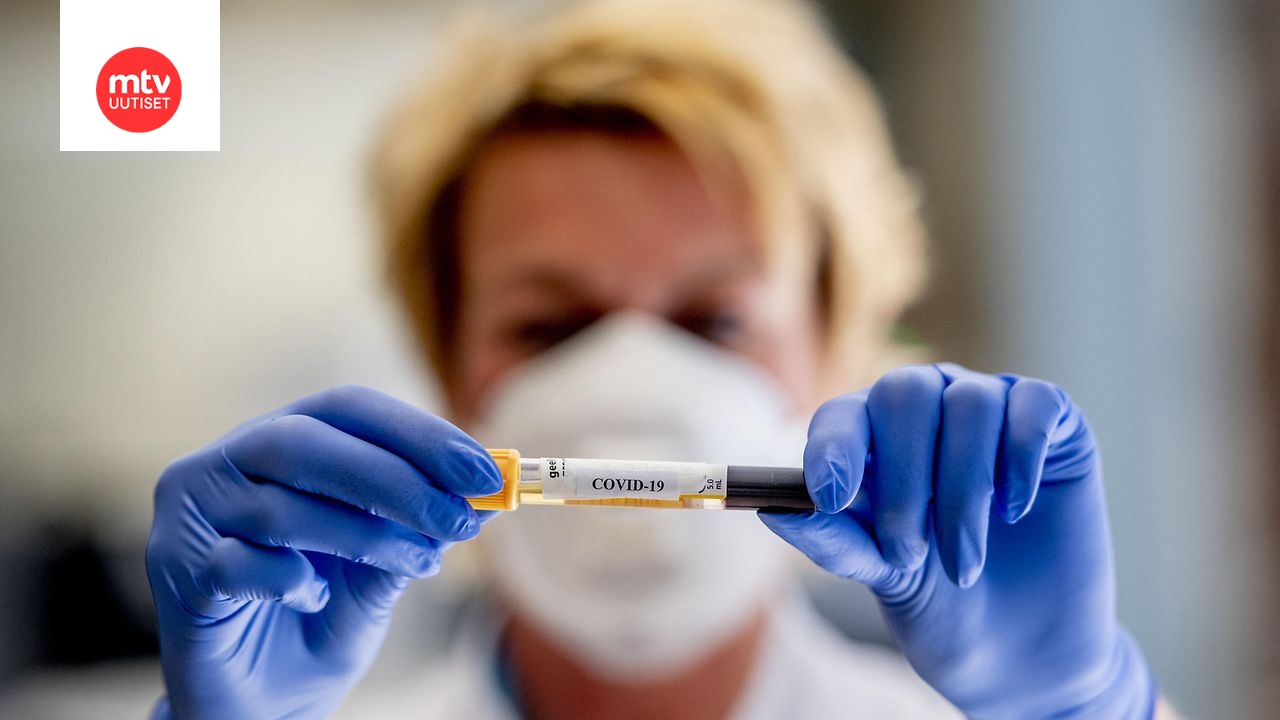- Liittynyt
- 22.10.2016
- Viestejä
- 7 579
Mistäs tämä tieto nyt on taas peräisin?Joku oikeasti luulee, että rokotteen myötä elämä normalisoituisi? Ei tule tapahtumaan, vaikka väestöstä lähemmäs 100% rokotettaisiin.
Ei rokote viruksen leviämistä estä. Ainoastaan sen, että viruksen johdosta juuri kukaan rokotteen ottanut ei joudu enää edes sairaalahoitoon. Selvää on, että rokote tekee viruksesta kirjaimellisesti vaarattoman, mutta valitettavasti se virus itsessään on pyhä lehmä.
Rokote tulee olemaan korkeintaan uusi "kasvomaski", jolla viruksesta tehdään vähemmän vaarallinen (käytännössä olemattoman vaarallinen). Rajoituksilla soutaminen ja huopaaminen tulee jatkumaan myös vuoden päästä. Seurataan vain ja ainoastaan viruksen ilmaantuvuuslukua ja sen mukaan päätetään olemassaolevista rajoituksista. Sitten ihmetellään, kun sairaalahoidossa on vuodesta toiseen maksimissaan alle 5 potilasta koronan takia, ja ei välttämättä ainuttakaan kuollutta.
Onneksi saatiin edes puoli vuotta (kesäkuu-marraskuu) elellä suhteellisen normaalia elämää, kun perustuslakivaliokunta ja oikeuskansleri pisti halituksen kahjot viime keväänä ruotuun rajoitusten jatkon suhteen. Silloin rajoituksien poistuessa uumoiltiin kamalaa tartunta-aaltoa parin kolmen viikon päähän. Siihen menikin kokonaiset puoli vuotta! Epäilemättä tästä puolen vuoden normaalista elämästä tulevat eräät tahot ja henkilöt olemaan lopun ikänsä katkeria.
Rokotetesteissä on testattu rokotteen vaikutusta oireisiin ja sairastumiseen. Se, että tartuttavuutta ei olla testattu (miten edes testattaisiin?) ei tarkoita, että virus leviäisi edelleen yhtä tehokkaasti rokotetussa väestössä joka ei tautiin samalla tavalla sairastu. Olisi aika omituista, mikäli rokotteella ei olisi mitään vaikutusta viruksen leviämiseen väestössä samalla kun se hillitsee/estää viruksen leviämistä yksilössä.






